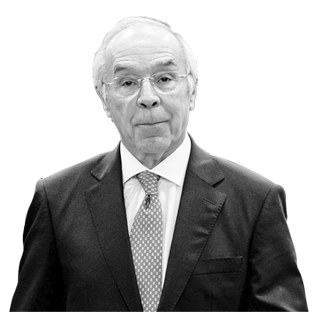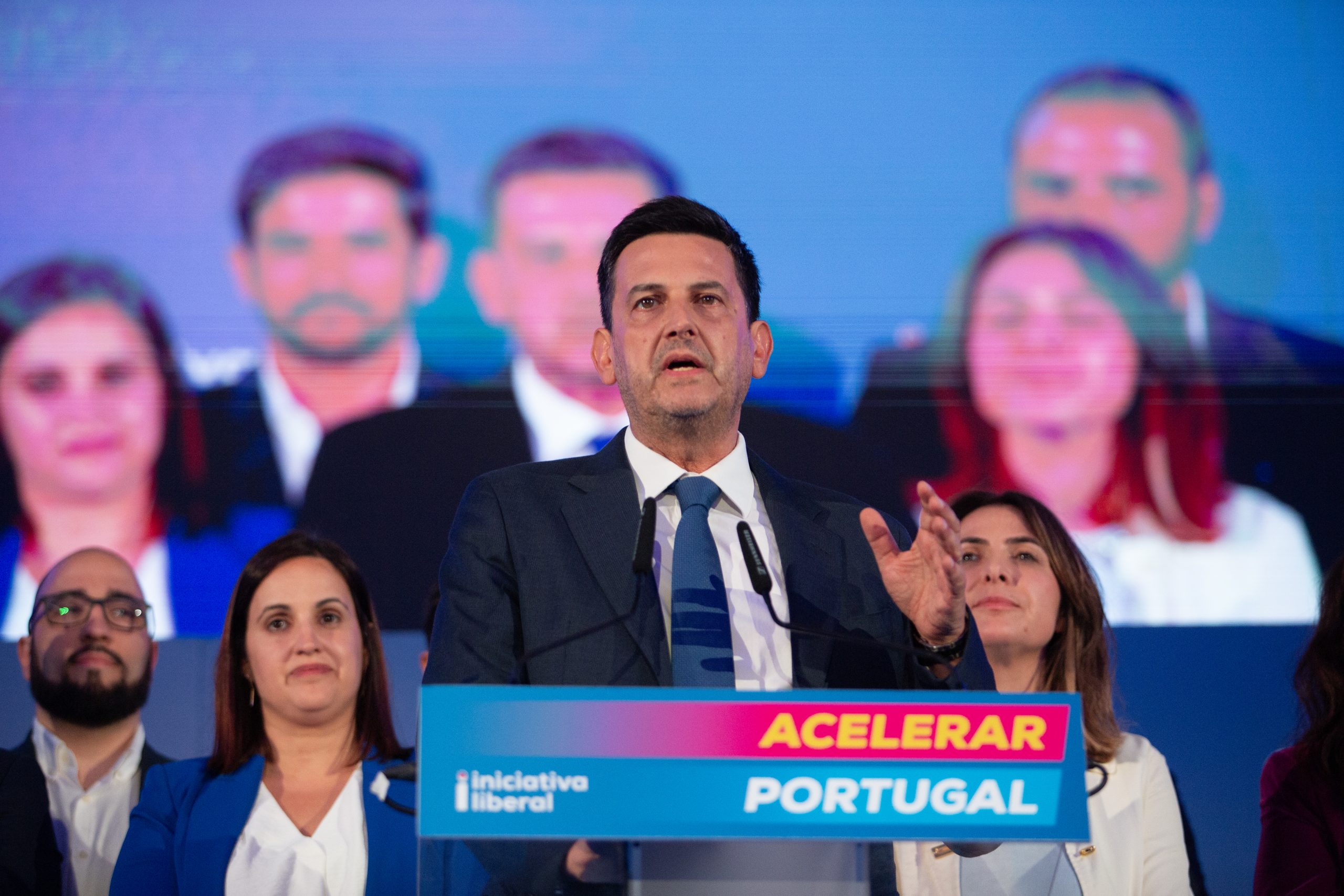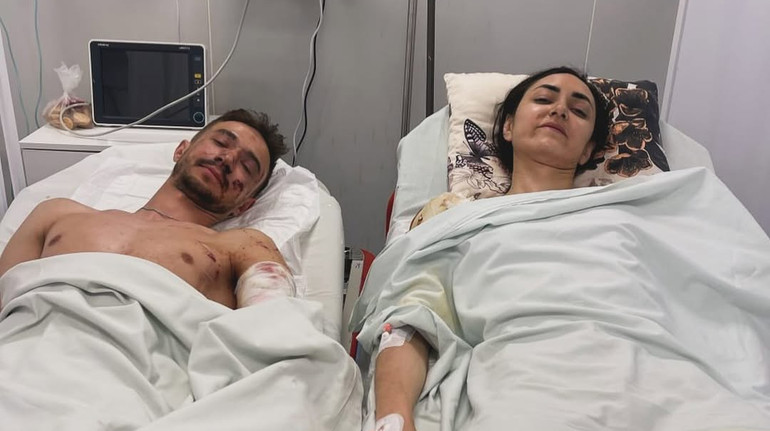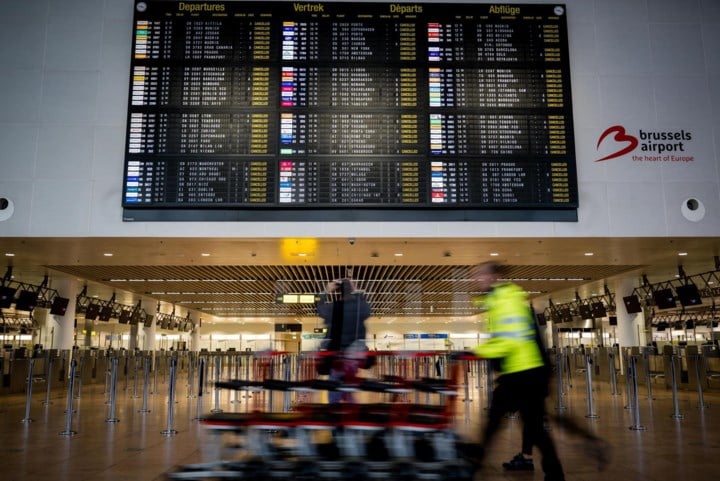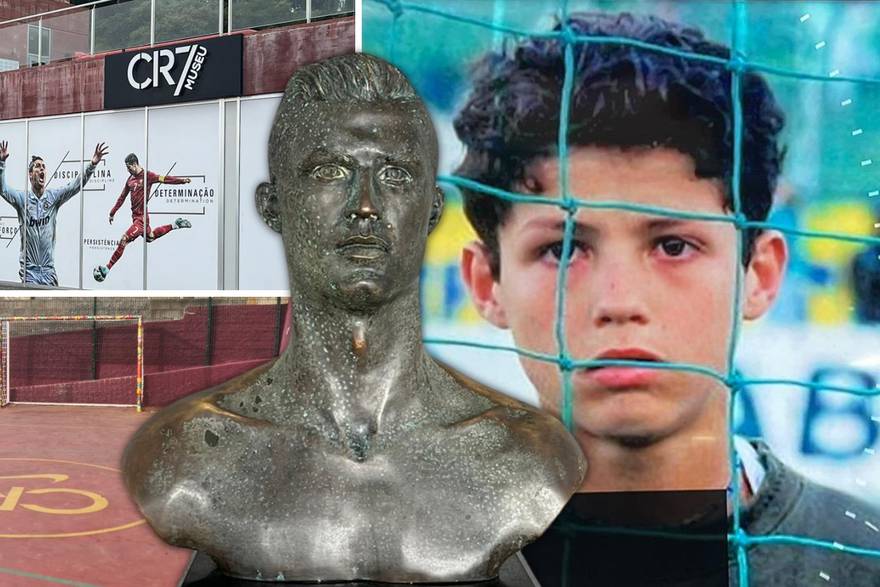Women’s soccer. Historical challenge
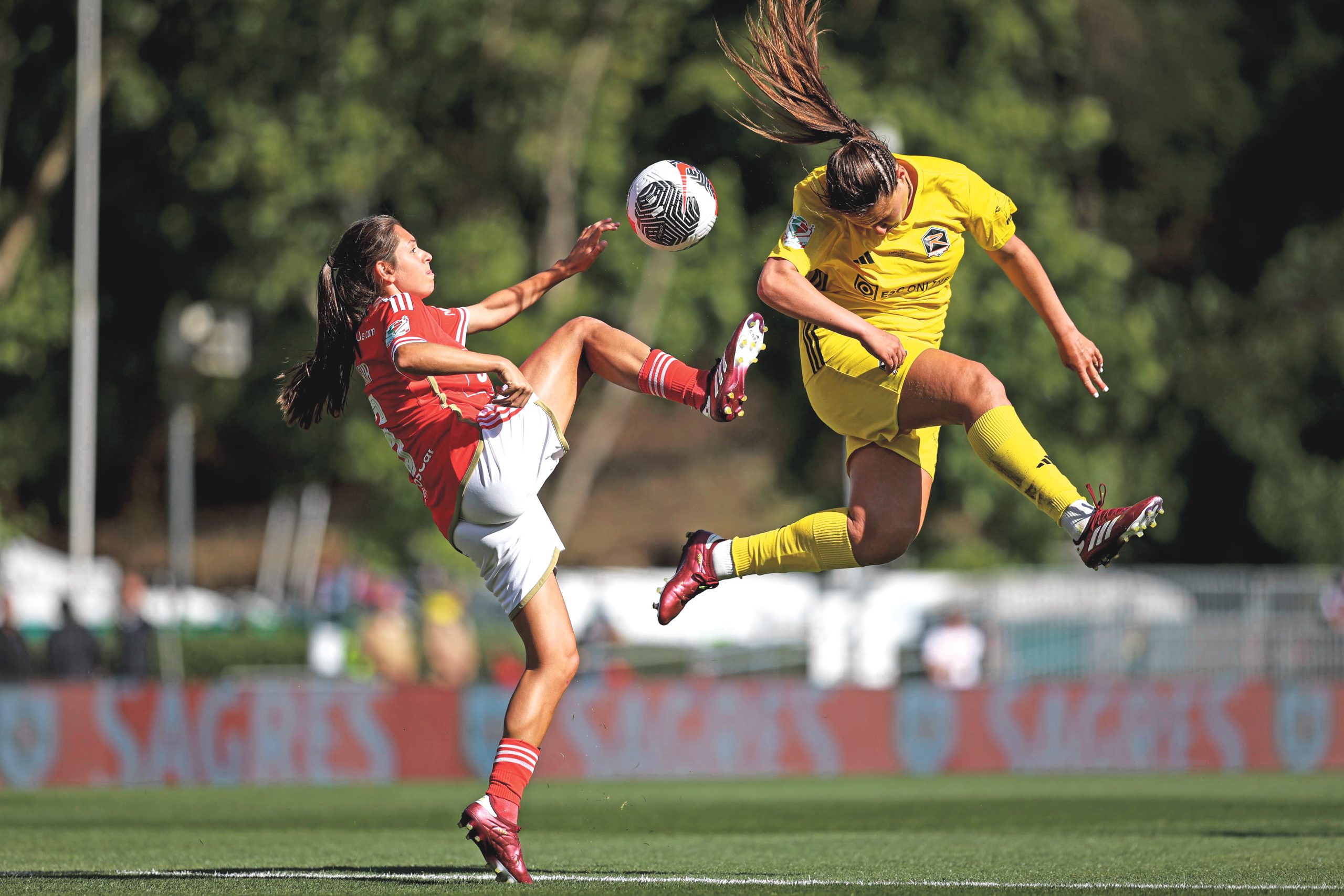
The appearance of a sport thrown by women was for many years a “foreign body” in Portuguese society. It was in this record that the women’s team of Clube Futebol Benfica, also known for Fofó, entered the history of women’s football by sagging a two-time national champion and winner of the Portuguese Cup (2014/15 and 2015/16)-the first title was entitled to a party at Marquês de Pombal with hundreds of people. After these achievements, the club arrived in Europe to compete for the qualification for the 16 Champions League Final Gradues.
Fofó is the best example of how it quickly goes from heaven to hell. The arrival of professionalism in women’s football had devastating effects on the club that was born in the neighborhood of São Domingos de Benfica. He lost his best players to the rivals and, as he had no financial capacity to reinforce himself, eventually descended to the second division in 2021. A year earlier, he had undergone one of the most painful experiences to miss the 4th National Championship match against Torreense. «We will not be able to play. With the game scheduled for 7 pm on a weekday, we don’t have enough players. Our athletes are students and others have their work activities »justified, at the time, the president of Clube Futebol Benfica, Domingos Estanislau.
The struggle, persistence and resilience of women shaped generations, overthrew prejudices and created conditions for major teams to reach major European competitions and Portugal participate in the first world championship in 2023. It should be noted that the good results obtained by the national team are based on the work done by clubs in the formation and development of athletes.
Different realities
According to data from Portugal Football Observatory of the Portuguese Football Federation (FPF), the number of federated players went from 2,446 in 2012/13 to 10,423, in 2022/23. It is curious to verify that in the first year 39% of the players were senior and 5% were in the under-9, after 11 years, the percentage of senior players fell to 20% and the under-9 increased to 8%. Still during this period, the number of clubs with women’s soccer increased from 177 to 374. Another interesting fact is that there are more young people practicing football. About 62% of players are between 18 and 24 years old and the average age is 23 years, when in the men’s championship is 24 years. It should be noted that the number of foreign players has also increased. At the time 2019/20, the championship was played by 241 Portuguese and 66 foreign, in 2023/24 there were 190 foreign players and 138 Portuguese.
In order to improve internal competitiveness and in Europe – Portugal goes three teams in the 2025/26 Champions League – increasing the recruitment base and enhancing the context in which they play, the federation decided to change the competitive format of the first division from next season, which is now disputed by ten teams, but two than today, and the fourth division was created, an open competition with a strong regional base.
There are, however, huge asymmetries in female senior football with regard to sports infrastructures, training schedules and working conditions, without forgetting the social protection of athletes, especially maternity and disease. Most players have amateur and service contracts. Clubs such as Benfica, Sporting, Braga, Racing Power, Torreense and Valadares have professional squads, but the remaining six teams are essentially consisting of amateur players, many have a precarious situation. During the day are mothers, workers and students. At night, they wear the colors of your club and will train, even when tiredness begins to give signs.
Benfica is the club with the highest investment
The first division is played for 12 teams and is evaluated at 1,240 million euros, according to the Women’s Football website Soccerdonna. Benfica is by far the club that most invests with a budget of five million euros for the 2024/25 season. The squad consists of 24 players, 13 are foreign, and is valued at 905 thousand euros. Sporting has a squad of 26 players, including 12 foreigners, and has a budget of three million euros. Braga has a squad formed by 24 players with 12 foreigners, and has a budget of 1.5 million euros, such as the Racing Power Football Club. The teams in the middle of the table such as Torreense and Valadares have a budget of less than one million euros and the gap is even higher for those occupy the last places and have great difficulties with budgets less than 300 thousand euros. To make a time without starting it is necessary a minimum budget of 600 thousand euros.
There is also a disparity in the wages. Many of the professional players earn the national minimum salary of 870 euros, a value that is three times lower than the minimum maturity of men’s soccer. The middle teams have been ordered an average of 1,500 euros, Racing Power has a salary ceiling of 2,400 euros, but in Damaiense there is a player receiving 4,000 euros and the highest salary is from an athlete from Benfica who receives 9 thousand euros per month.
In Portuguese women’s football there is a difficult contradiction to understand. Since the Portuguese Football Federation is a sports utility entity cannot organize professional competitions, but requires that clubs have a minimum number of professional athletes (16) to be able to receive financial support. It turns out that there are clubs that have obtained sports results, but as they did not fulfill this obligation did not receive any money. The professionalization of women’s football could mitigate this discrepancy, but for that there has to be the courage to take this step.
The difference of ordinances between men’s and female football is a reality recognized by FIFA itself, which recently released the information that the annual average salary of a professional soccer player is 9,964 euros.
Very Racing Power
The Racing Power Football Club was founded in July 2020 and, in four years, rose to the main level of women’s football with a 100% professional team. Makes the National Stadium your home until the end of the season, but in 2025/26, will play at the Vale da Rosa Sports Complex in Setúbal. Nuno Painço is the president of the club and made a portrait of the current moment of senior women’s football. «The support given to clubs is very short. Women’s football has to walk for professionalization, has the same rights as men’s soccer. So far the courage has lacked this step, I believe that with Pedro Proença this happens »said the racing power official. And added: «There is a very large pit from Benfica and Sporting for others, even though Braga is on a lower level. It is very difficult to fight clubs that are also SAD and have another financial power ». «We have done miracles. In the first season in the BPI League (First Division) we were in third place, we went to the Portuguese Cup final and the League Cup. This is our second year and we are in fifth place, fighting with Valadares for fourth post »said Nuno Painço, to whom « It is often not money that makes a difference. » «We have been doing a good job and was very careful in hiring»made a point of emphasizing.
‘Form to win’
The budget for this season is 1.5 million euros, included a part intended for training football, and the goal is well defined. «Racing Power always plays to be champion, this mindset has been part of DNA from training to the professional team. Of course it is a difficult goal, but we have to get tools to achieve it »stressed the president. Arrived at this level there is an ambitious strategic plan for 2025-2030. «In this time we have to win titles and go to UEFA competitions, only then can the club survive»he stressed.
Racing Power has the particularity of being the only club that was female champion in the second and third division and the next step is to win in the first division. «We want to do the full»but for that «We have to have experienced and knowledgeable people in all areas and bring new investors»explained Nuno Painço.
The training is also viewed with special attention as the president of Racing Power explained. «Our motto is ‘to form’ and we want to have the best young people in the various echelons. In addition, we do not charge any value in training so as not to overload parents with tuition and purchase of equipment. Our coaches know that the best have to play, regardless of what parents think and want. It is obvious that there has to be common sense to keep motivated those who play and those who play less. The club needs everyone »concluded.

